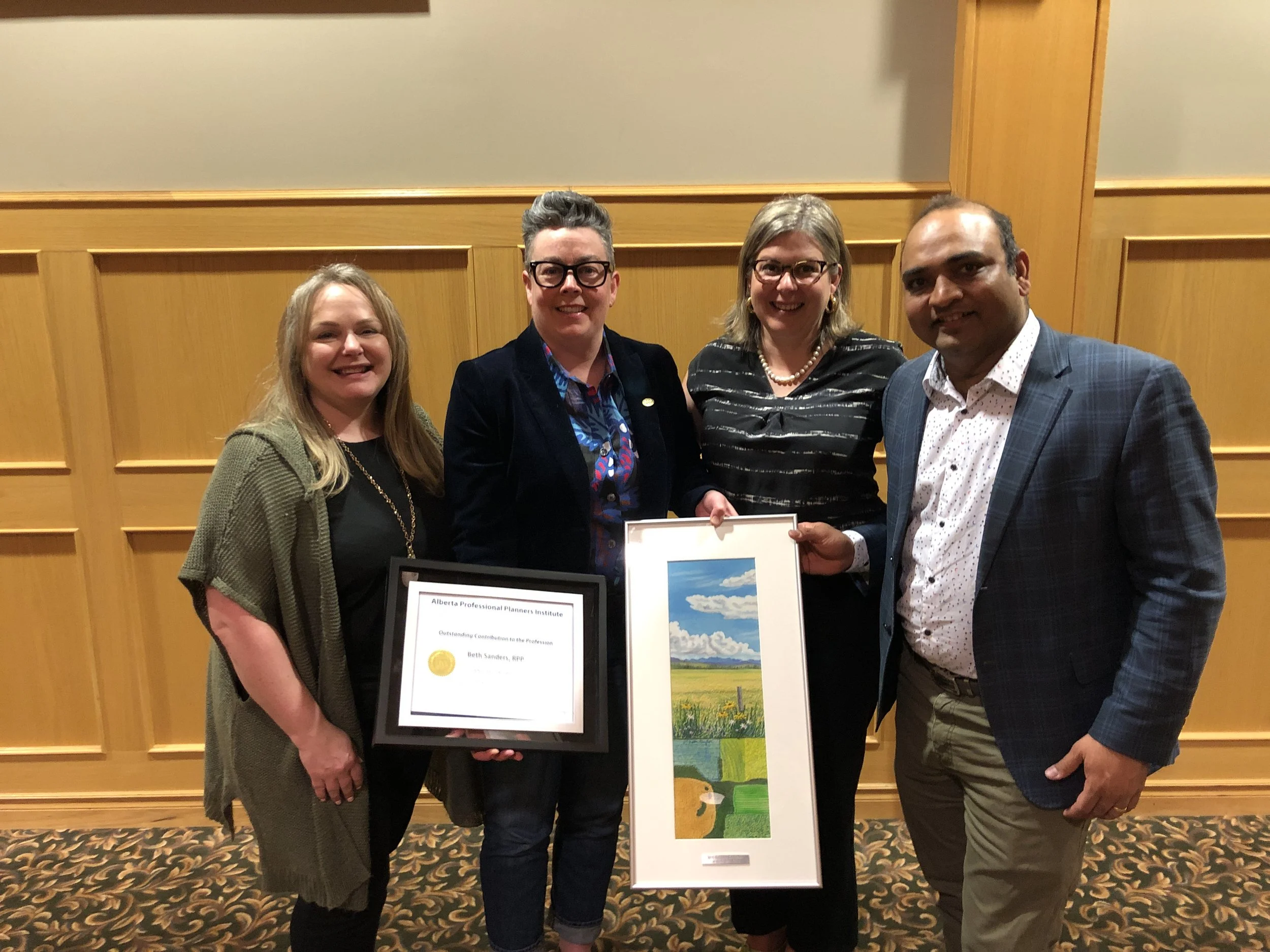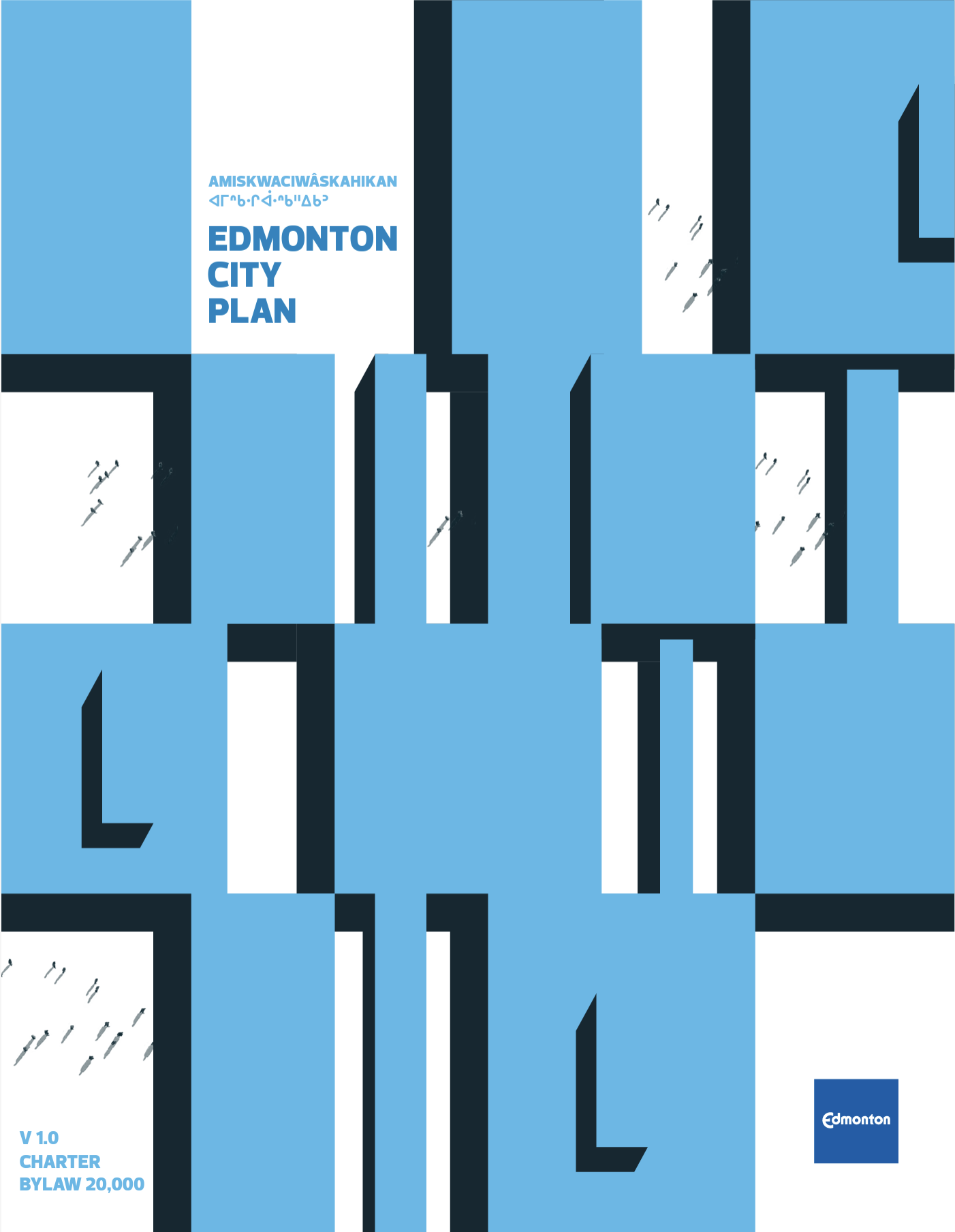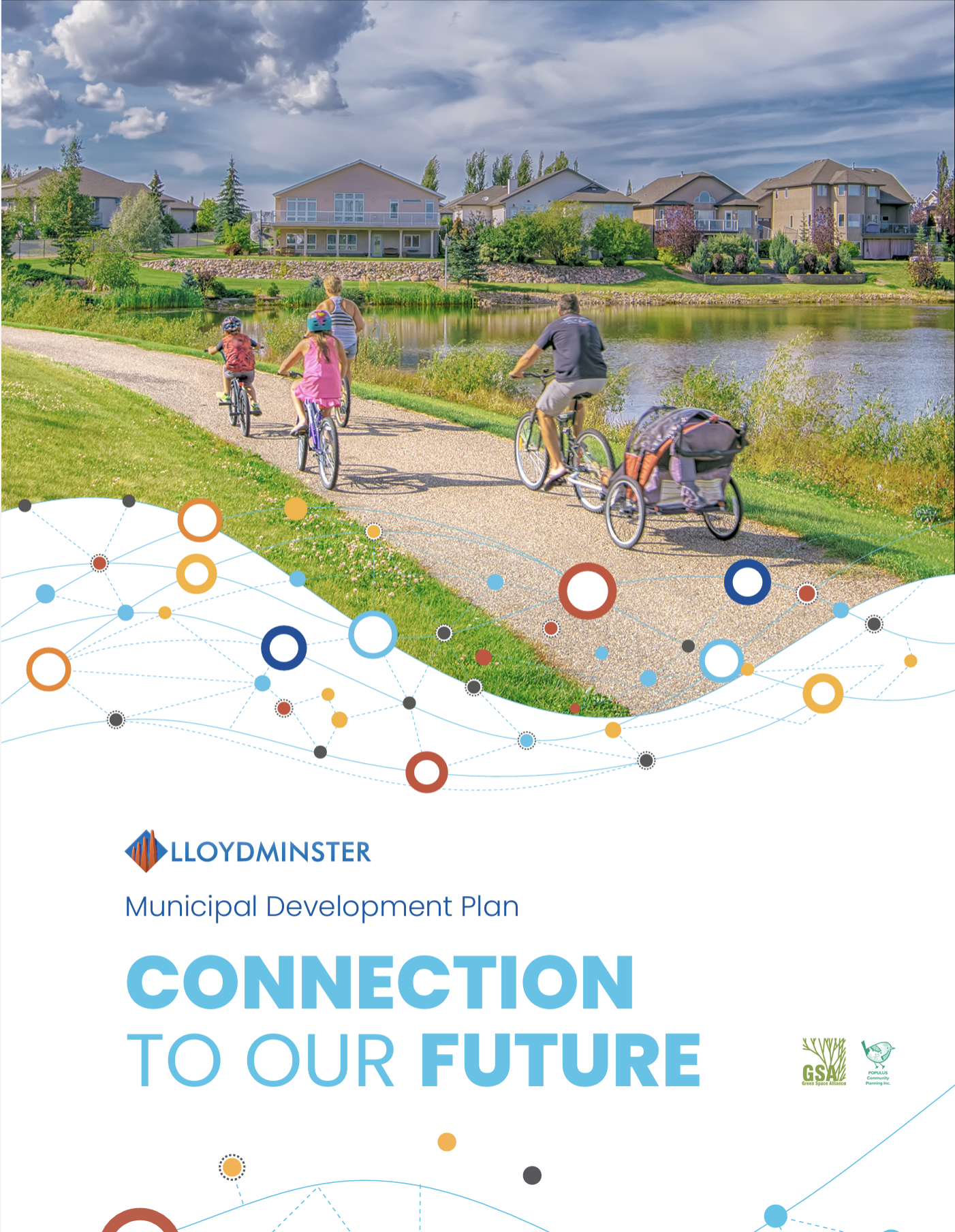Radical Reflection
—you can listen to this article here—
I almost quit my profession of city and community planning several years ago. As years of volunteer service to the Alberta Professional Planners Institute, the body that regulates my profession, came to a close, I was “chucked under the bus” in a very public and humiliating fashion when a professional colleague took information I shared with them in confidence and made it public. What ensued was a painful and demoralizing experience. As my official volunteer duties ended, I questioned whether I wanted to continue to be a part of my profession.
As a part of me took on the victim role (“If this is how I’m going to be treated, EFF them!”), another part of me began an inner journey to discover the importance of integrity in how I wish to operate in the world and in my relationship with myself. As I explored the idea of integrity, the voice of the victim in me abated over time. I allowed the pain of the experience to be felt but did not feed it with diatribes about how bad my colleague was or how they wronged me. It happened. There was something for me to learn about myself.
Integrity involves radical reflection
As hard as it was, being chucked under the bus was an invitation to explore the kind of person I choose to be. I began a process to reflect on integrity, defined by The Cambridge Dictionary as:
The quality of being honest and having strong moral principles.
Someone’s high artistic standards or standards of doing their job, and that person’s determination not to lower those standards.
The quality of being whole and complete.
Living with a quality of integrity necessitates regular conversations with myself to sort out whether I am being honest with myself. To know my standards about how I do my work or live my life or whether I am straying from my standards, I must continually reflect on whether my inner and outer worlds are in alignment or whole. I dug in deep, learning that there were many unsatisfactory areas in my life; I got honest with myself.
“It’s hard work—and upsetting—to realize that everything is a choice.”
With a practice of radical reflection, I looked closely at the choices I was making and whether they were in or out of alignment with the qualities of person I wished to be. I got more picky about the kind of work I do and the quality of my clients. If the work isn’t energizing for me, I don’t do it. Instead, I work with clients who are keen to learn from and with each other (I said yes to evolving professionals). I work with clients who want to create the conditions for their city to choose a direction for itself. I choose, every week, to spend time working on things for which I don’t get paid—yet! I write here, make podcast episodes, and host the online City Makers community. I wrote a book, Nest City, a finalist for the Robert Kroetsch City of Edmonton Book Prize, and I’m writing another book.
When relationships feel crappy, I step in and talk about it rather than pretend things are ok. It’s challenging work, and I often navigate tricky territory (upper mountain relationships). It’s hard work being honest with oneself, and upsetting to realize that everything is a choice. A practice of radical reflection allows me to notice what is important to me and how I am drifting away from what is important to me. It’s a civic practice that allows me to practice being a better me. As a better me, the inconceivable inconceivable comes to pass, even when I’m scared.
That awful day, when my colleague chucked me under the bus, was among a series of events that led me to feel more like myself. I wasn’t not myself, but by investigating my reaction to what happened, I deepened my practice of radical reflection. The result: I’m more “me.”
Surprise!
I was surprised this month to receive a big award from the Alberta Professional Planners Institute: Outstanding Contribution to the Profession. I’ve been struggling with how to “receive” the award; I don’t want to get overexcited or dismiss the honour. I wish to receive, honour and make meaning of the honour for myself.
For decades, I have struggled with feeling “seen” by my profession. I’m not a conventional planner and never have been. While they don’t see all of me because that’s not possible anyway, it does feel good to be seen. And yet I wonder, What on earth is the contribution that they see? What is outstanding about my contribution to the profession?
As the award was being presented to me, they spoke about me in highlights, what you’d find on my resume: I started working in Manitoba; I had the challenge of a professional lifetime with high-speed community growth in Fort McMurray; I served on APPI council twice, including as president; I served on our national board; I run a consulting company that shepherds city making into a new era of decision-making. In support of my nomination, my colleague Matthew Boscariol shared these words:
Adventurer, storyteller, mentor, and friend. That is Beth to me, and to many. Aside from her track record of giving back to the institute and to many professionals across the country, Beth’s passion of thinking outside the box to solve complex problems had, and still has, a profound impact on my thinking. I congratulate her on this award, and am proud to have learned from her.
I am humbled to hear, with this highest honour of recognition by my peers, that my contribution is felt. When I began to work as a professional planner, I was motivated by ambition and longed for recognition. The world outside of me guided my choices.
At 53, I am far more motivated by an inner sense of integrity, which means that I make choices, rather than defer to external expectations. I choose to do the work I feel deeply called to do: help communities, neighbourhoods, villages, towns, and cities to be in conversations with themselves so they can make conscious choices about whom they want to be now so the future they wish for is enabled. In short: integrity at scale.
Beth received her award in the company of dear friends and colleagues. Left to right, in bad lighting: Charity Dyke, Beth Sanders, Kalen Anderson, Dnyanesh Deshpande.
It’s all about values
I’m unclear about what my profession “sees” as my contribution. What I am clear about is what drives me as a planning practitioner from the inside of me. Over the last few years, as I support entire cities in their choices, we focus on the values that guide each community through the good times and bad, their sense of who they are and whom they want to be as people.
What my clients are doing at the scale of the city also works at the scale of me. In Edmonton, it was The City Plan. In Lloydminster: Connection To Our Future. Camrose is in the process of Shaping The Future, and Spruce Grove has embarked on Shaping Our Community. All these cities have named who they want to be as they make their way through the world; it’s the beginning of choosing integrity.
When my clients connect to what is important to them about who they are, they are able to work together in ways that they previously found unimaginable. At the scale of the city, we’ve been doing this by talking about and exploring values—what drives who they are through good times and bad. When they find these words, they have a maypole, or a north star, to guide their work as they create and implement the plan.
The values that cities are naming for themselves also apply to me, so what happens if I apply them to myself? What are my values, and how do they drive the contributions I wish to make?
When I take some of the words the communities I work with have used, I can see values that describe the choices I want to make for myself, to be in integrity. Here they are:
I take care to ensure my NEEDS ARE MET. I look after myself as I can and ask for—and accept—others’ efforts to meet my needs as needed.
I seek out CONNECTION + BELONGING. I make choices that support my desire for nourishing relationships.
I experience passion, JOY + DELIGHT in my life and work. Life and work are not separate.
I am clear about PURPOSE. For myself, for the work I do, I always explore purpose in the moment, for the future and at scale.
I make space for CREATIVITY in my life and work. Everything from entrepreneurship to baking and gardening are sources of creativity.
I seek and explore DIFFERENCE. I pay attention to the small voices within me that want to be heard, as well as the voices in the outside world.
I make room for the above to WEAVE together in my life and work. They are not in competition with each other, and each deserves my attention. There are no trade-offs, only choices.
With a radical reflection practice, I endeavour to live in integrity with these values, adjusting them as I grow.
A pattern integrity test
In each moment of every day, with myself, family, friends or clients and colleagues, I aim for what I call “pattern integrity.” It’s my way of checking in to live with integrity with the values I just identified. If I‘m out of alignment with myself, or if my work is out of alignment with the contribution I wish to make, I’m out of integrity.
I ask these questions:
How am I making arrangements for my needs to be met, including the assistance of others?
How am I making choices that support my desire for nourishing relationships?
What is joyful and delightful in my life? How can I have more?
What is the purpose of this ___(fill in the blank)____?
How am I nourishing my creative desires? What choices am I making that stifle my creative energy?
How am I paying attention to the voices of difference within and around me? Where should I listen more?
How am I making my choices with as much consciousness as possible? Where am I not?
What I learned from almost quitting my profession was that I alone am responsible for the integrity of my world. My objection to a colleague’s egregious actions mirrors my desire to ensure I live as integrity. Only I create the conditions for the erosion of my practice to live with integrity.
A choice
As you might have guessed, I chose to continue being a member of the Alberta Professional Planners Institute. I took the time to disentangle a bad experience from the work that has always called to me: to work with people who want to make neighbourhoods, communities and cities that serve citizens well and create the conditions for humans to be citizens that serve their neighbourhoods, communities and cities well.
The work I do, and my deep desire to do this work, experienced a wobble, but because I found a way to be in integrity with myself, I stand firm about who I am and how I make my way through the world. Moreover, with every inevitable wobble that shakes my world, I continue to explore what integrity means to me.
Without the award, I may not have paused to reflect on my radical reflection practice. I do need, from time to time, to have feedback from the outside world to see myself more clearly. Perhaps, in the end, it is the integrity with which I endeavour to live with those values that my colleagues see and recognize.
I am humbled.
Thank you, planner colleagues.
PS: The “Outstanding Contribution to the Profession” award feels like recognition of a lifetime of work. I’m 53 and plan on working a lot longer. I plan to contribute for at least another couple of decades.
Reflection
How do you receive compliments or accolades?
How do make space in your life to be honest with yourself? How often?
What is one wee choice you’d like to make to enable you to be more honest with yourself?






